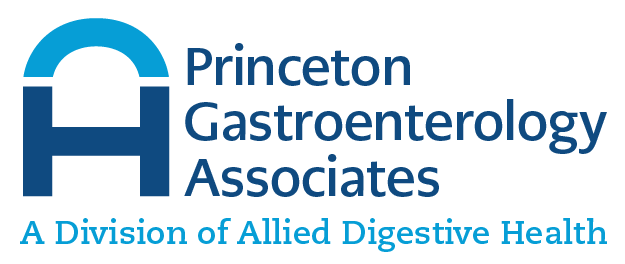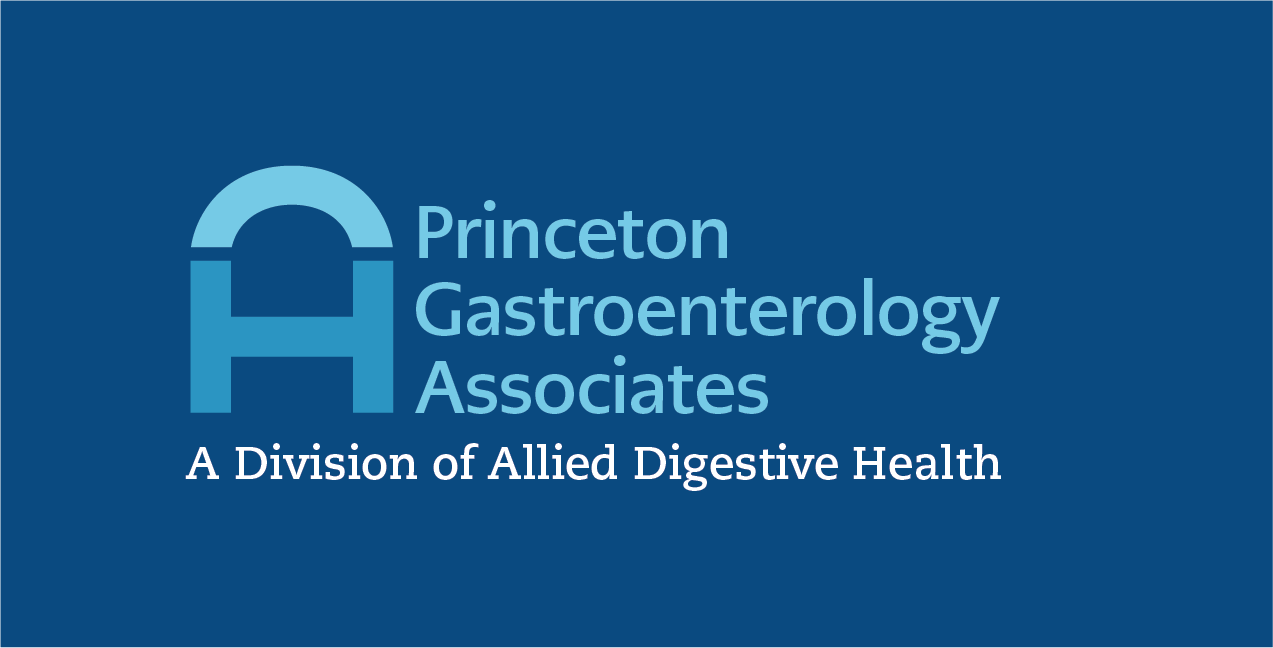Colon Cancer Guidelines by Age and Risk Factors

What Is Colon Cancer and Why Screening Matters
Colon cancer, also known as colorectal cancer, develops in the colon or rectum and typically begins as small, noncancerous growths called polyps. Over time, some of these polyps can transform into cancer if left untreated. Early detection is crucial because colon cancer is often more treatable in its initial stages.
Screening plays a vital role in identifying polyps or cancer before symptoms appear, allowing for timely intervention to prevent progression. Regular screenings improve survival rates and provide an opportunity to maintain long-term gastrointestinal health.
Understanding Colon Cancer Risk Factors
Several factors can contribute to an individual’s risk of developing colon cancer.
- Age is one significant factor, with the risk increasing for people over 50.
- A family history of colon cancer or genetic predispositions, such as Lynch syndrome, can also elevate the likelihood of developing the disease.
- Lifestyle choices, such as a diet high in red or processed meats, lack of physical activity, obesity, smoking, and heavy alcohol consumption, are known contributors to risk.
- Pre-existing conditions like inflammatory bowel disease (IBD), including Crohn’s disease and ulcerative colitis, may increase susceptibility.
Understanding these risks allows for proactive measures, such as lifestyle changes, regular screenings, and consultations with healthcare professionals, to reduce the chances of colon cancer.
Recommended Screening Guidelines by Age
Screening plays a critical role in the early detection and prevention of colon cancer. For individuals at average risk, it is generally recommended to begin regular screenings at age 45.
Options for screening include stool-based tests, such as fecal immunochemical tests (FIT) or Cologuard, blood based tests such as Shield, and visual exams, like colonoscopy.
Those with a family history of colon cancer or other risk factors may need to start screenings earlier, often by age 40 or 10 years before the age of the youngest affected relative.
Regardless of the method chosen, adhering to the recommended schedule is essential to catching potential issues early and improving treatment outcomes. Please consult a healthcare provider to determine the best screening approach for your risk factors and health history.
Screening Recommendations for Average-Risk Individuals
For individuals at average risk of colon cancer, adhering to established screening guidelines can significantly reduce the likelihood of developing advanced disease. Regular screenings should begin at age 45.
Visual exams, such as colonoscopies, are typically performed every 10 years and provide comprehensive detection of polyps or other abnormalities in the colon.
High-Risk Factors and When to Start Screening Early
Specific individuals may need to begin colon cancer screening earlier than the standard recommended age of 45 due to specific high-risk factors. These factors include a personal or family history of colorectal cancer or precancerous polyps, genetic syndromes such as Lynch syndrome or familial adenomatous polyposis (FAP), and a history of inflammatory bowel diseases like Crohn’s disease or ulcerative colitis.
Individuals who exhibit symptoms such as persistent abdominal pain, rectal bleeding, or unexplained weight loss should consult their healthcare provider about earlier screening. Lifestyle factors, including smoking, a sedentary lifestyle, and a diet high in processed foods, may also contribute to increased risk. Early screening in these cases plays a critical role in prevention and potential early treatment.
Types of Colon Cancer Screening Tests
Several types of colon cancer screening tests are available, each with advantages and limitations. The most common and practical test is a colonoscopy, which allows healthcare providers to visualize the entire colon and remove polyps during the procedure. Colonoscopy is recognized as the gold standard for colorectal cancer screening because it not only detects potential cancer but also prevents it by removing precancerous polyps during the examination.
Another option is the fecal immunochemical test (FIT), a non-invasive test that detects hidden blood in the stool, which may indicate the presence of cancer or large polyps. Similarly, the fecal occult blood test (FOBT) works to identify blood in the stool but typically requires dietary restrictions before testing. For those seeking less invasive options, the stool DNA test combines the detection of blood and DNA changes associated with colorectal cancer.
Lastly, CT colonography, or virtual colonoscopy, uses imaging technology to take detailed pictures of the colon and rectum. Selecting the appropriate test often depends on individual risk factors, patient preferences, and guidance from a healthcare provider.
Differences in Detection
It’s important to be aware that stool and blood based screenings have detection rates that are significantly less than colonoscopy.
Colon Cancer Detection:
- Cologuard misses 1 in 13 colon cancers.
- Shield misses 1 in 6 colon cancers.
- FIT misses 1 in 4 colon cancers.
Polyp Detection (Polyps that could soon become cancer):
- Cologuard misses 57% of these polyps.
- Shield misses 87% of these polyps.
- FIT misses 76% of these polyps.
*Stool and blood-based screenings do not prevent cancer, and a positive screening requires follow up colonoscopy if polyps or cancer are detected.
Lifestyle Changes to Lower Your Risk of Colon Cancer
Adopting a healthy lifestyle can significantly reduce the risk of developing colon cancer.
A diet rich in fruits, vegetables, whole grains, and lean proteins provides essential nutrients and fiber, which are known to support colon health. Limiting red and processed meats, as well as reducing alcohol intake, can also mitigate risk factors.
Regular physical activity plays a crucial role in helping to maintain a healthy weight and improving overall gut health.
Additionally, quitting smoking is critical, as tobacco use has been linked to an increased risk of colon cancer and other chronic diseases.
Staying proactive with routine screenings and maintaining these lifestyle habits can create a strong defense against colon cancer.
Symptoms to Watch for at Any Age
Recognizing the potential symptoms of colon cancer early can significantly improve outcomes. Common signs include persistent changes in bowel habits, such as diarrhea, constipation, or a feeling that the bowel does not empty.
Unexplained weight loss, fatigue, and weakness may also indicate underlying issues. Blood in the stool or rectal bleeding should never be ignored, as these can be warning signs of colon cancer. Additionally, abdominal pain, cramping, or bloating that does not subside could signal a problem.
It’s important to promptly communicate any of these symptoms to a healthcare provider, regardless of age, to ensure proper evaluation and care.
Schedule a Screening to Stay Ahead of Colon Cancer
Regular screenings are among the most effective ways to detect colon cancer early, often before symptoms appear. Screening tests, such as colonoscopies, can identify precancerous polyps that can be removed before they develop into cancer. The recommended age for starting routine screenings is typically 45, but individuals with a family history or other risk factors may need to start earlier.
Prioritizing these proactive measures enhances early detection and dramatically increases the chances of successful treatment and long-term health. Please consult our professionals at Allied Digestive Health to determine the best screening schedule for you.
Footer
© All Rights Reserved


